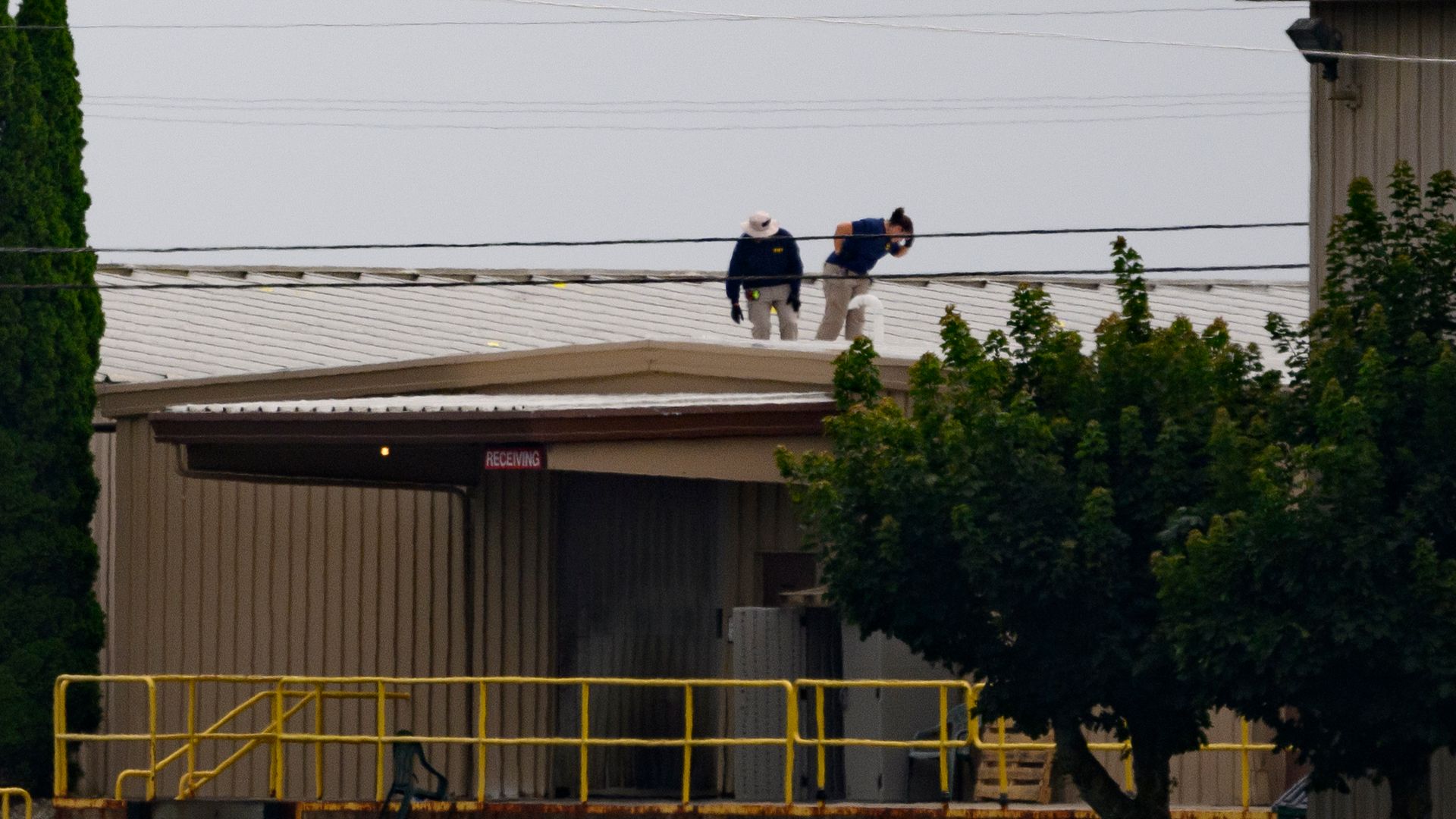
Ray Bogan
The local law enforcement commander at Donald Trump’s July 13, Butler Pennsylvania rally told Congress the Secret Service did not ask them to secure the building the gunman used in his attempt to assassinate the former president. That testimony contradicts statements from the agency’s acting director Ronald Rowe.
Commander Edward Lenz also said the Secret Service did not give them a clear mission that day, and they believe they were supposed to overwatch the stage, crowd and venue.
Commander Edward Lenz: “At no point during the planning process was Butler County ESU asked to secure the AGR complex, nor the perimeter surrounding that area. At no point during the planning process was Butler ESU asked to deploy a sniper team to the roof of the AGR complex.”
That contradicts testimony from Acting Secret Service Director Ronald Rowe who blamed local law enforcement for not spotting the gunman ahead of time and said the Secret Service had no knowledge a gunman was on the roof until shots were fired.
Acting Director Ronald Rowe: “This point of view is the point of view where the counter sniper team locally was posted. The gold arrow indicates where the shooter fired from, looking left. Why was the assailant not seen when we were told that building was going to be covered.”
Rowe said the Secret Service and local law enforcement met face to face that afternoon to discuss the plan. But under oath, Commander Lenz denied much of Rowe’s testimony.
Commander Edward Lenz: “At no point in our operations plan did we ever say that we would deploy a sniper team to the roof of the AGR complex from their positions inside the AGR building, snipers were not able to see the roof where the shooter was located, and again, that was not within their area of responsibility.”
The Secret Service did not have a single unified command post on site for law enforcement to receive and relay information. The task force heard testimony from a former Secret Service agent who said that is not standard practice.
Patrick Sullivan, Former Secret Service Agent: “I am very surprised. Normally there would be an overall command post for the entire visit. And each site would have what’s called a security room where radio traffic pertinent to that individual site is controlled. The overall command post should be the state and local police, secret service and other partners who may be assisting. So this is very unusual the way it turned out here at this site.”
Sullivan also shed light on the Secret Service’s chain of command after a Senate report found the agency failed to clearly define responsibilities for planning and security in Butler.
Patrick Sullivan, Former Secret Service Agent: “It is crystal clear in my mind from when I was an agent. A site agent, a site advance agent, crafts his or her plan, presents it to the lead advance agent. Ultimately the lead advance agent is personally responsible for signing off on the entire advanced package.”
The Senate report recommended that the Secret Service designate a single individual responsible for approving all plans. Sullivan’s testimony indicated that’s already the procedure. I’m Ray Bogan on Capitol Hill for Straight Arrow News, for more unbiased reporting download the SAN app and turn on notifications.











